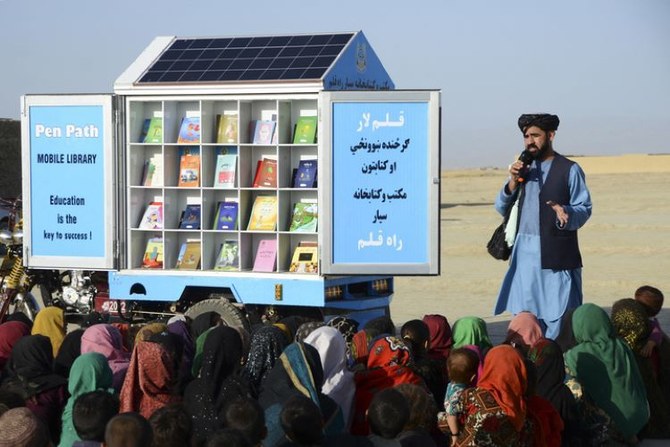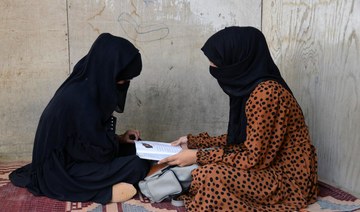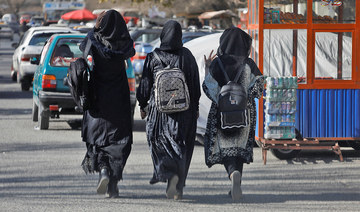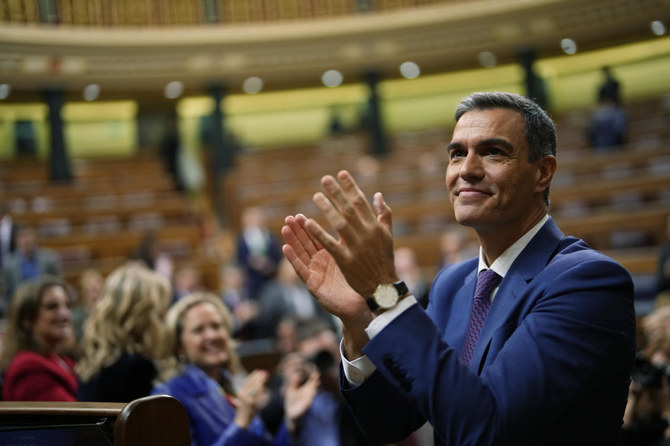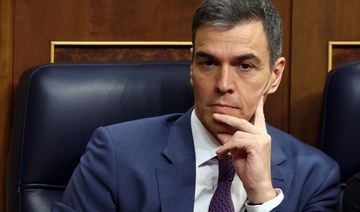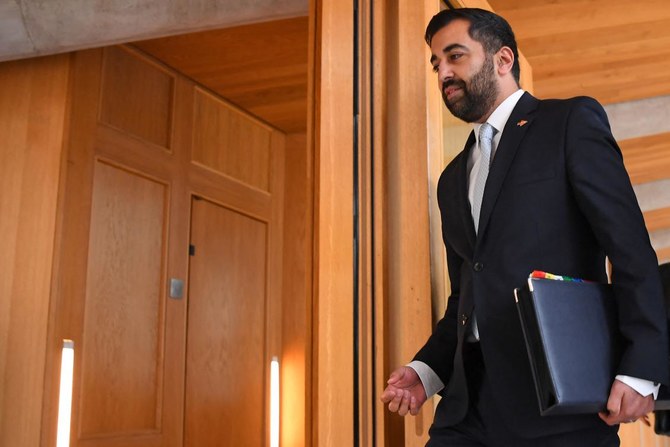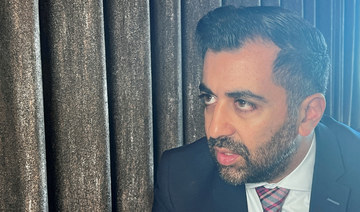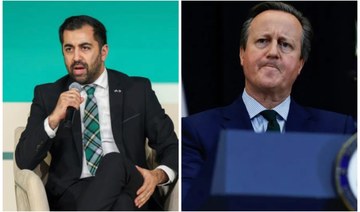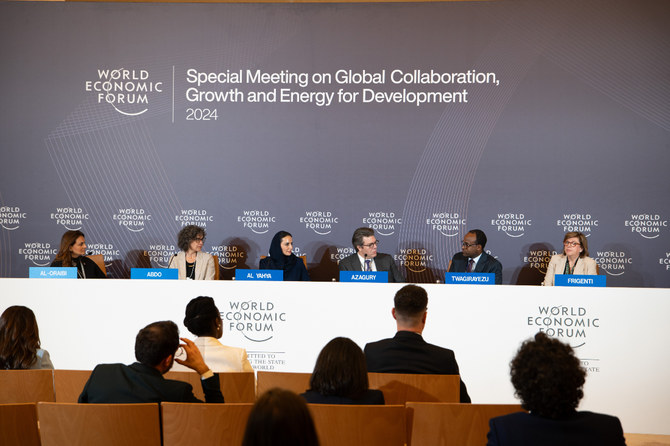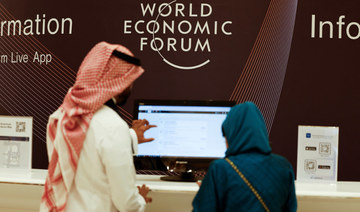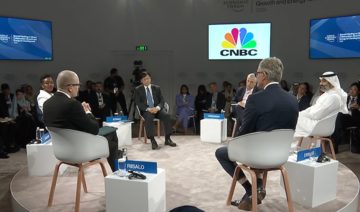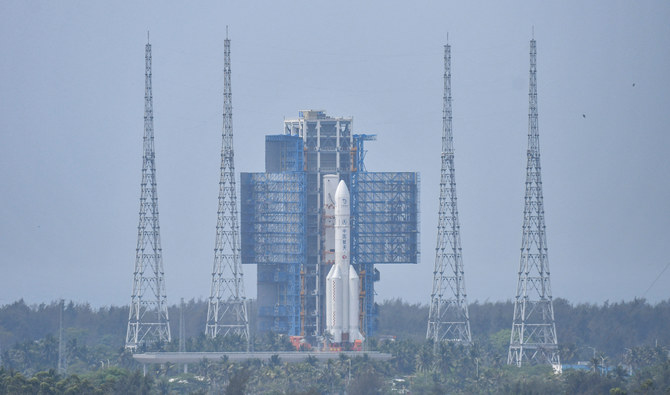KABUL: A prominent Afghan campaigner for female education has been arrested in Kabul, his brother confirmed on Tuesday, as Afghanistan remains the only country where teenage girls are barred from school.
Matiullah Wesa is the founder of Pen Path, which since 2009 has been distributing books in conservative rural areas of Afghanistan and advocating among tribal leaders for women’s access to education.
His campaigning gained momentum last year when the Taliban banned girls from attending secondary school. The authorities said girls would be allowed to return to the classroom after a “comprehensive plan” in accordance with Islamic law, but in December another ban was implemented, barring female students also from universities.
Wesa was arrested by Taliban security forces on Monday morning.
“Matiullah Wesa was arrested and taken on Monday after the fajr prayer in Wais Qarni Masque in the fifth police district of Kabul city. So far, they didn’t share any information on which government agency has arrested him,” Wesa’s brother, Attaullah Wesa, told Arab News.
“We’ve been working for Afghan children’s education since 2009, and we are working for the entire nation of Afghanistan. We are working to teach the next generation to have all their fundamental rights in the future.”
Neither the Taliban police nor the spokesperson of the government has responded to repeated requests for comments regarding what charges Wesa has been detained on.
The UN Mission to Afghanistan issued a statement on Tuesday, calling on the Taliban authorities to “clarify his whereabouts, the reasons for his arrest and to ensure his access to legal representation and contact with family."
The arrest has dealt yet another blow to the already reeling hopes for education in the country.
Wazir Khan, director of Today Child, a Kabul-based association providing free education to girls and boys in the rural areas of Afghanistan, said that Wesa’s activism aims to give a better chance to the youngest Afghans.
“The arrest of Wesa will definitely have a negative impact because the youth will lose their morale,” Khan told Arab News.
Wesa’s friend, journalist Bilal Sarwari, said the activist has been undeterred in his mission, which began during the tenure of the previous Western-backed government, when education services also did not reach the countryside.
“Matiullah Wesa is someone who has dedicated his life to education. I’ve known him for many, many years. He traveled to every corner of Afghanistan and took many risks,” he said.
“He is a beacon of hope, he is a hero for the Afghan girls and boys, he has been always advocating for education.”



